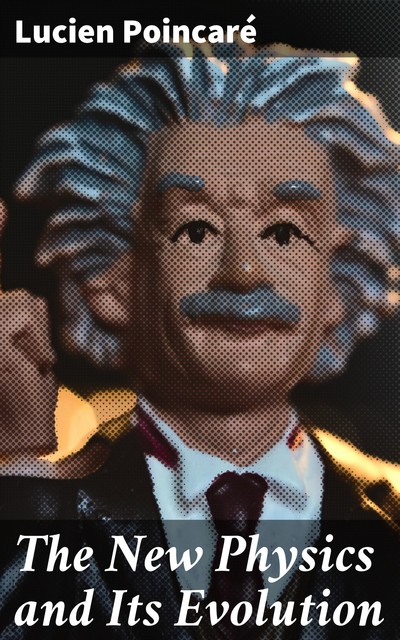In “The New Physics and Its Evolution,” Lucien Poincar√© offers a profound examination of the revolutionary shifts in scientific thought during the late 19th and early 20th centuries. The book delves into the intricacies of emerging theories such as relativity and quantum mechanics, portrayed through Poincar√©'s eloquent prose and insightful analysis. His literary style balances technical rigor with accessibility, making complex concepts comprehensible for a broader audience. Positioned within the context of the scientific upheaval of the time, Poincar√© provides not only a historical narrative but also a philosophical inquiry into the nature of scientific progress and the evolving understanding of the universe. Lucien Poincar√©, a distinguished mathematician and physicist, was an instrumental figure in the development of modern science, often overshadowed by contemporaries like Einstein and Planck. His extensive background in mathematics and physics, coupled with his philosophical inclinations, shaped his perspective on the nature of scientific inquiry. Poincar√©'s intellectual environment and his engagement with the pressing issues of his day undoubtedly influenced his writing, as he sought to articulate the implications of new theories in a rapidly changing scientific landscape. This book is highly recommended for anyone interested in the history of science, as well as those seeking to understand the philosophical implications of physical theories. Poincar√©'Äôs articulate synthesis of complex ideas serves as an invitation to reflect on our current understanding of the universe, making it essential reading for students, scholars, and enthusiasts alike.


